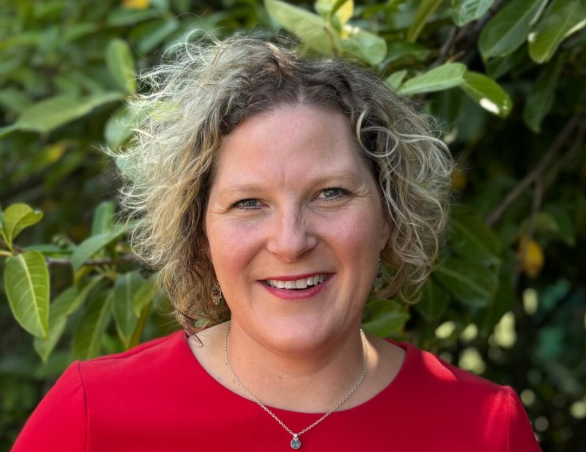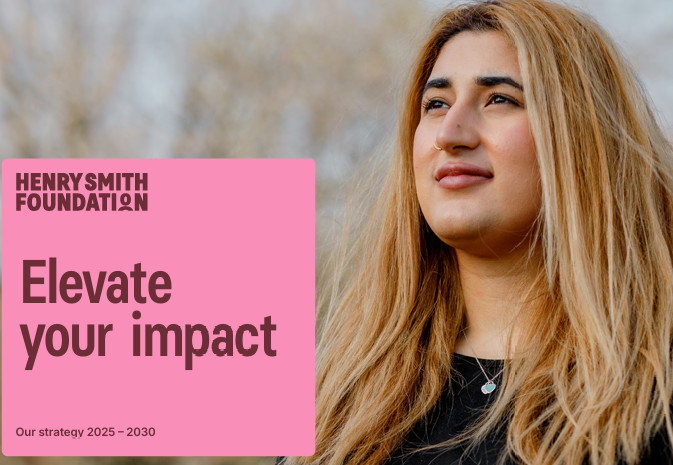Large charities projects can be more effective if they work alongside small charities and community groups, according to evaluation of a mental health project in London.
Centre for Mental Health’s report focuses on a programme led by South East London Mind, which grant funded local community groups in the London borough’s of Lewisham and Greenwich.
It found that by larger charities creating “accessible grant funding programmes” they can “enable smaller groups to deliver effective mental health support to marginalised communities”.
Projects by small organisations included online support for people from Black African and Caribbean communities, mindfulness workshops for people from the Nepalese community and nature-based activities for young people who identify as LGBTQ+.
It found that without this specialised local support from small groups two thirds of those supported would not know where to seek help.
All the groups supported by small charities involved “face multiple barriers to mainstream mental health care”.
Tracy Durrant, managing director at one of the small group recipients of funding, Everyone’s a Singer, said: “Being a recipient of this grant has allowed us to deliver two programmes of Finding Harmony, our Singing for Wellbeing initiative which has helped us bring wellbeing and mental health resources to our communities in Greenwich and bring people together through music.”
Large charities and funders are being urged to focus on long term funding to ensure small charities’ work is more sustainable. The evaluation found that too often small organisations rely on short-term funding which can lead to the loss of vital support in communities and make it harder to build trust.
“Mental health is made in communities,” said Centre for Mental Health chief executive Andy Bell.
“So getting mental health promotion and support into communities, led by and for the people, is crucial to dismantle deeply entrenched inequalities.
“South East London Mind has demonstrated how a larger charity can partner with community organisations to make a big difference, even with quite small amounts of funding. It’s vital that approaches like this are not one-off initiatives but routine and sustained across the country.”
South East Mind chief executive Ben Taylor added: “It's been brilliant to work in partnership with a wide range of grassroots community organisations in South East London and to be able to support and fund their creative, impactful approaches to addressing mental health inequalities.
“We've been particularly impressed by the way they've built on their strong connections within local communities to support groups that have historically been under-served by mental health services.”
Latest News
-
Civil Society Covenant blighted by delays and U-turns, report warns
-
More than 30 jobs at risk as hospice charity looks to close home care service
-
Cranfield Trust: A guide for charity leaders on navigating local authority devolution
-
Friday funding roundup - 20 February
-
Former youth charity chief to lead corporate social responsibility organisation
-
Christian charity’s failed bid to buy a new church breached fundraising code
Charity Times video Q&A: In conversation with Hilda Hayo, CEO of Dementia UK
Charity Times editor, Lauren Weymouth, is joined by Dementia UK CEO, Hilda Hayo to discuss why the charity receives such high workplace satisfaction results, what a positive working culture looks like and the importance of lived experience among staff. The pair talk about challenges facing the charity, the impact felt by the pandemic and how it's striving to overcome obstacles and continue to be a highly impactful organisation for anybody affected by dementia.
Charity Times Awards 2023
Mitigating risk and reducing claims

The cost-of-living crisis is impacting charities in a number of ways, including the risks they take. Endsleigh Insurance’s* senior risk management consultant Scott Crichton joins Charity Times to discuss the ramifications of prioritising certain types of risk over others, the financial implications risk can have if not managed properly, and tips for charities to help manage those risks.
* Coming soon… Howden, the new name for Endsleigh.
* Coming soon… Howden, the new name for Endsleigh.
Better Society

© 2021 Perspective Publishing Privacy & Cookies














Recent Stories